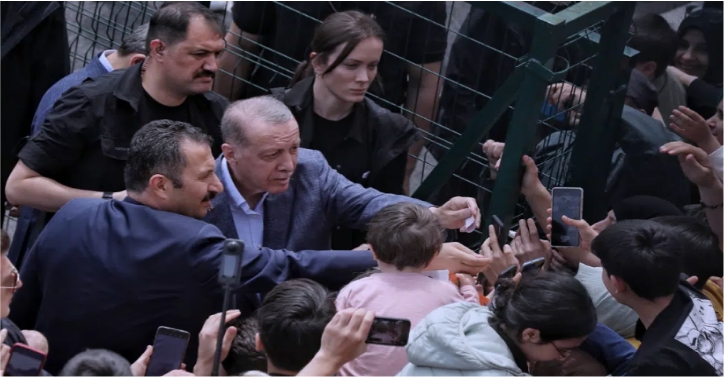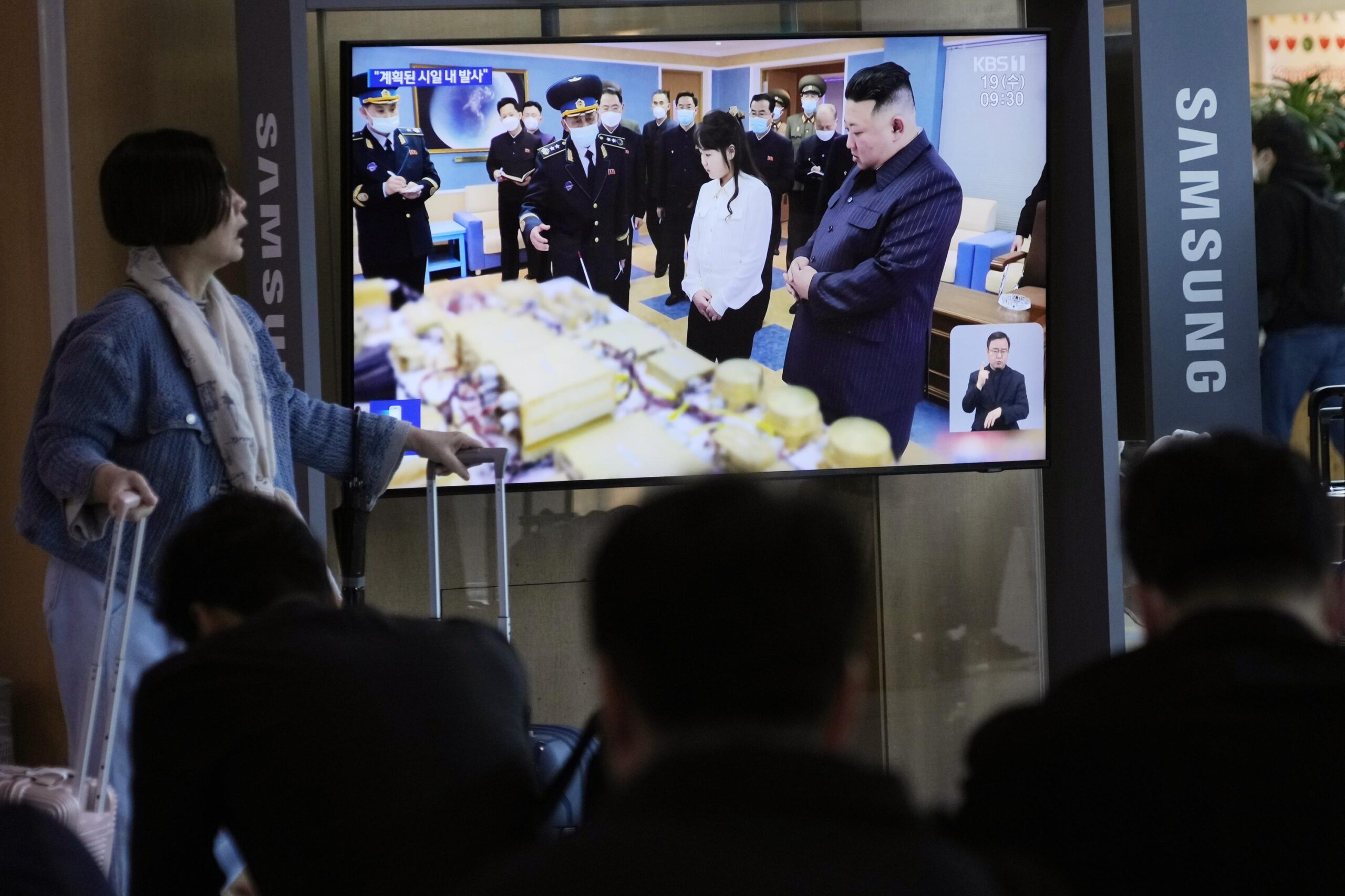The offices of the International Rescue Committee (IRC) in eastern Ukraine have been closed down by pro-Russian rebels who accused it of spying.
Staff working for the aid organisation were briefly detained as their office in the rebel held city of Donetsk was raided and searched by masked gunmen.
Several employees were then put on a coach to the capital Kiev.
The IRC – led by former British Foreign Minister David Miliband – has not so far commented on the expulsions.
The Tom Burridge reports from eastern Ukraine says that the gunmen apparently worked for the state security ministry of the self-proclaimed Donetsk People’s Republic (DPR).
‘Evading taxes’
Russia’s Interfax news agency cited a DPR security ministry spokesman accusing the IRC of concealing “eavesdropping equipment” in their Donetsk office.
The spokesman claimed that “foreigners regularly travelled to Ukraine, but not in order to accompany [the IRC on] humanitarian missions”.
“Foreign employees established contact with officials in DPR ministries and agencies, showing interest in obtaining information about the situation in the republic,” he said.
He also accused the agency of “hiring DPR citizens for work without signing agreements with them, evading the payment of taxes into the DPR budget”.
IRC says its mission is to help people whose lives have been shattered by conflict and disaster, and says its humanitarian work in eastern Ukraine includes the provision of women’s hygiene and safety equipment.
Heavily armed rebels have been fighting government forces for a year in Ukraine’s Donetsk and Luhansk regions.
The West says Russia has armed the rebels and sent in regular soldiers – an accusation echoed by independent experts. Moscow insists that any Russians on the rebel side are volunteers.
Separately, Russia has criticised French President Francois Hollande and German Chancellor Angela Merkel for their decision to boycott a World War Two victory parade on 9 May in Moscow because of their misgivings over Russia’s actions in Ukraine.
“I think it’s an ill-considered decision that contradicts the interests of both France and Germany,” Culture Minister Vladimir Medinsky was quoted by the AFP news agency as saying on Wednesday.

















